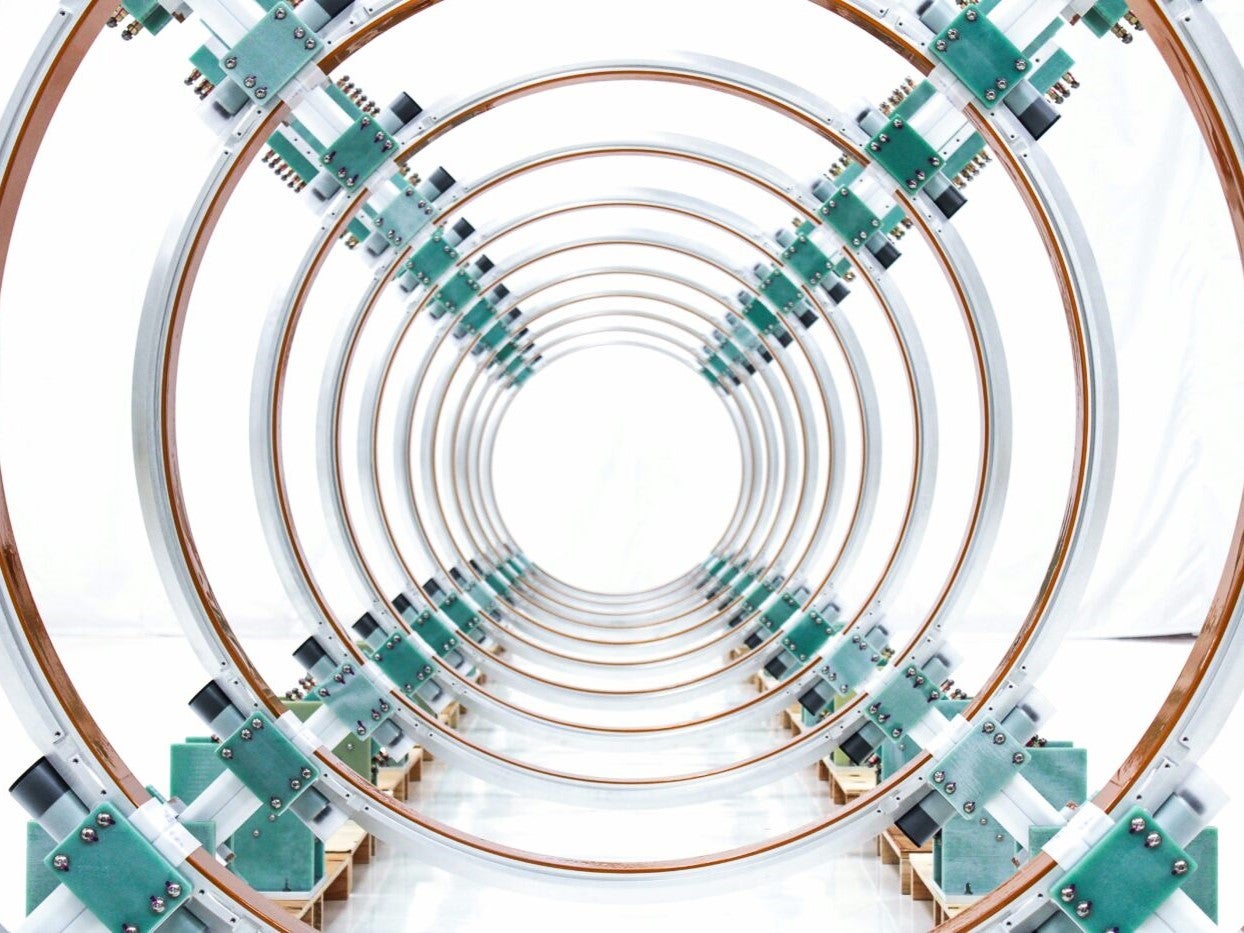Microsoft makes world first nuclear fusion energy deal
Tech giant is betting ‘holy grail’ clean energy source will be ready within five years

Microsoft has made the world’s first purchase agreement for nuclear fusion energy, betting that the next-generation technology will be capable of producing electricity at a commercial scale by 2028.
The US tech firm made the deal with fusion research firm Helion Energy, which is aiming to have a 50MW nuclear fusion power plant set up within the next five years. This is despite several significant research hurdles that still need to be overcome before it becomes a viable source of clean energy.
“This collaboration represents a significant milestone for Helion and the fusion industy as a whole,” said Helion chief executive David Kirtley.
“We still have a lot of work to do, but we are confident in our ability to deliver the world’s first fusion power facility.”
Nuclear fusion promises near-limitless energy by mimicking the natural reactions that occur within the Sun. It has been referred to as the “holy grail” of clean energy, as it requires no fossil fuels and leaves behind no hazardous waste.
Scientists have made several major breakthroughs with the technology in recent years, with researchers at the Lawrence Livermore National Laboratory (LLNL) in California announcing the first ever fusion ignition last year.
This meant that they had achieved a net energy gain for the first time using nuclear fusion, marking “one of the most impressive scientific feats of the 21st century”, according to US Energy Secretary Jennifer Graham.
At the time, scientists said that commercial nuclear fusion was still likely to be a decade a way due to the complicated and expensive nature of scaling up the process.
Microsoft’s bet that it can be achieved in half that time marks the latest phase of the company’s 2020 pledge to be carbon negative by 2030. If achieved, Microsoft could become the first major tech firm to remove more carbon from the environment than it emits, while a longer term goal aims to eliminate all carbon the firm has ever emitted since it was founded in 1975.
“We are optimistic that fusion energy can be an important technology to help the world transition to clean energy,” said Microsoft president Brad Smith.
“Helion’s announcement supports our long term clean energy goals and will advance the market to establish a new, efficient method for bringing more clean energy to the grid faster.”
Join our commenting forum
Join thought-provoking conversations, follow other Independent readers and see their replies
Comments
Bookmark popover
Removed from bookmarks